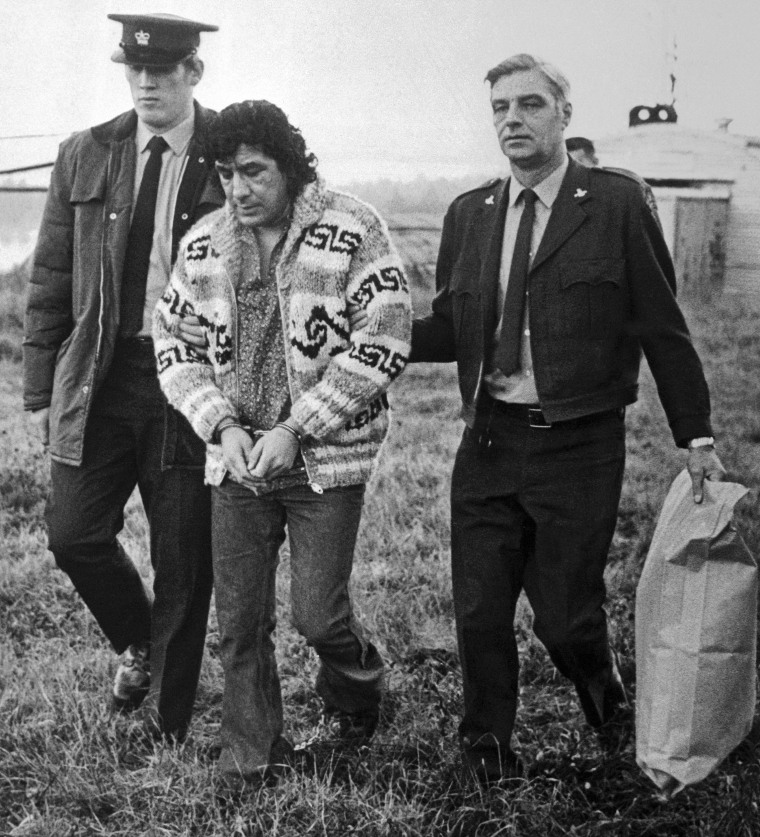
Biden Grants Clemency to Indigenous Activist Leonard Peltier After 50 Years in Prison
President Joe Biden has commuted the life sentence of Leonard Peltier, an 80-year-old Indigenous activist who has spent nearly half a century in prison for the 1975 killings of two FBI agents on the Pine Ridge Indian Reservation in South Dakota. This long-awaited decision, announced just before Biden handed over power to Donald Trump, has brought relief to Peltier’s supporters and ignited ongoing debates about justice, Indigenous rights, and government accountability.
Peltier’s health has significantly deteriorated in recent years due to diabetes, hypertension, and other ailments. The commutation allows him to spend his remaining days in home confinement but does not absolve him of the underlying conviction. Despite maintaining his innocence throughout his incarceration, Peltier's appeals for clemency had been repeatedly denied by previous administrations, both Republican and Democratic.
Also Read:- Carrie Underwood's Stirring Performance at Trump's Inauguration Sparks Unity
- Who is Barron Trump? Insights into the Life of Trump’s Youngest Son
The case against Peltier has been controversial from the start. He was convicted in 1977 amid allegations of prosecutorial misconduct, coerced witness testimonies, and the withholding of crucial ballistics evidence that could have exonerated him. Advocates, including Nobel laureates, human rights organizations, and Native American leaders, have long argued that Peltier’s trial was marred by systemic injustices and rooted in the broader context of historical tensions between the U.S. government and Indigenous communities.
The Pine Ridge Reservation, where the incident occurred, was fraught with political unrest and violence during the 1970s. The American Indian Movement (AIM), of which Peltier was a member, sought to address the systemic marginalization of Native Americans. The 1975 shootout that led to the deaths of FBI agents Jack Coler and Ron Williams was part of this turbulent era.
In a statement following his release, Peltier expressed gratitude and hope: “It’s finally over—I’m going home. I want to show the world I’m a good person with a good heart.” His release was hailed as a historic victory by Indigenous groups and human rights advocates, with many emphasizing the decades of grassroots organizing that made this moment possible. For Peltier and his supporters, this clemency symbolizes a step toward reconciliation and justice for Indigenous communities.
While law enforcement groups, including the FBI Agents Association, have opposed clemency, citing the gravity of the crime, others view Peltier’s release as a recognition of the injustice surrounding his case. Peltier’s liberation marks the culmination of a 50-year struggle and serves as a reminder of the resilience of those who have fought for his freedom.
As Peltier transitions to life outside prison, he plans to reconnect with his homeland, culture, and loved ones. His story continues to inspire a broader conversation about the U.S. justice system, the rights of Indigenous peoples, and the importance of healing historical wounds.
Read More:



0 Comments